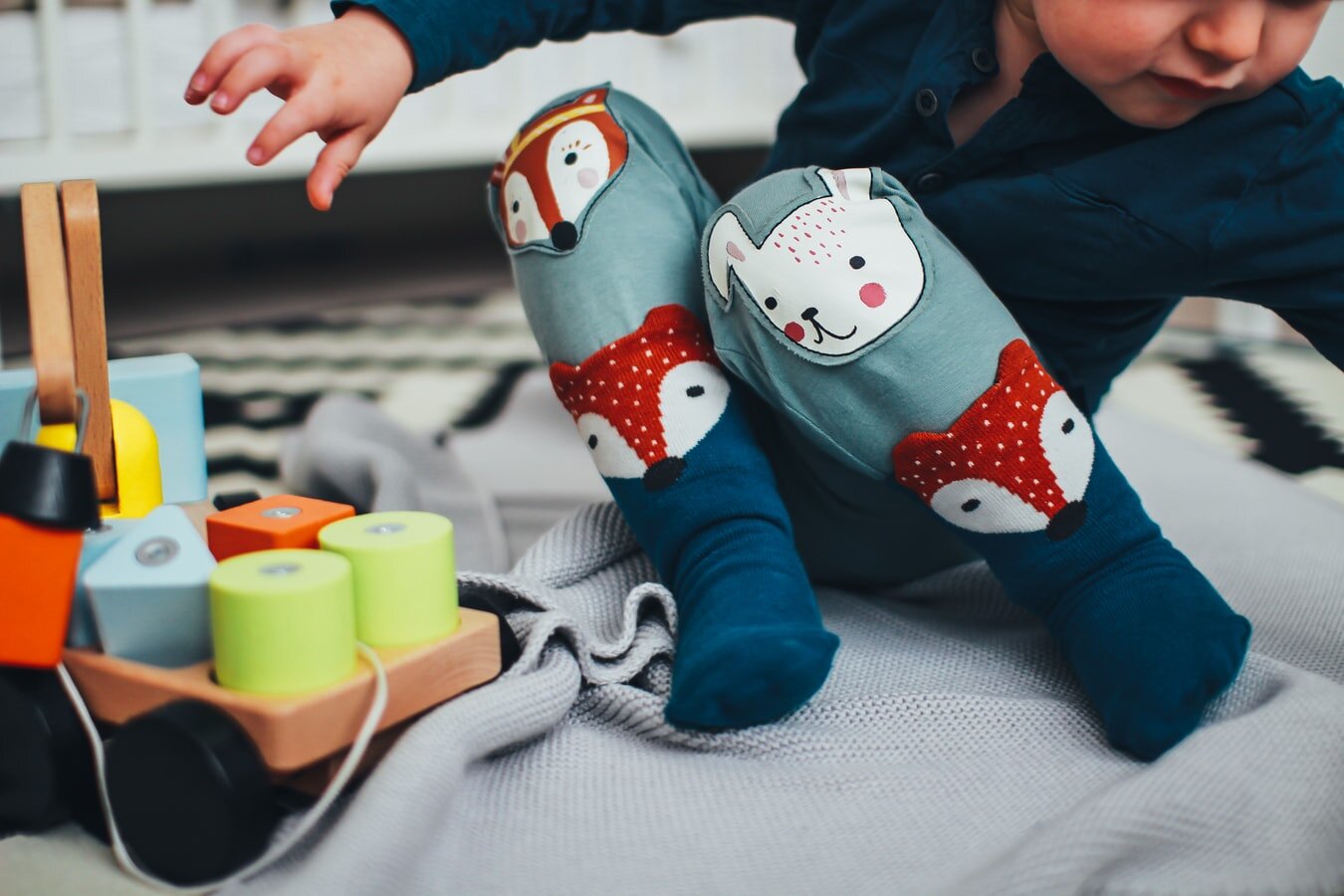Unlearning Discipline: How My Sensitive Child Changed My Parenting Style by Jessica Gomez
When my son entered the toddler stage, with it came new territory: hitting, biting, and yelling. His sweet personality remained most days, but with a new awareness of his feelings came a new way to express them. From our pediatrician to parenting blogs to Super Nanny, the consensus for behavior correction seemed to be to give a time-out, one minute for every year old. It proved effective for immediate correction, but it didn’t keep him from repeating the same behavior later.
The older my son became, the better his vocabulary and comprehension - and the more time-outs seemed to upset him. I started to think: instead of just telling him that hitting (or whatever other crazy thing a toddler does) is not acceptable and giving him a negative consequence when he exhibited this behavior, what if I had a more in-depth discussion with him about it when he wasn’t in the throes of a tantrum? It seemed counter-productive to just tell him “XYZ is not nice” while I put him in a chair. This approach helped. But as everyone with a toddler knows, tempers flare quickly on both sides, and the occasional time-outs continued. I knew he was very sensitive - hugging pictures of animals in books, icing out my husband when he returns to work after a weekend of play, and talking about things that bothered him for days. He takes things harder than the average toddler. But I didn’t know how his sensitivity would play into how I showed him right from wrong.
Time-outs were a band-aid fix that wasn’t getting to the root of the problem, and it became clear that a more tailored approach was necessary, so I did some research about disciplining a child who is sensitive. It turns out that while time-outs work for many households, they should be a last resort for highly sensitive kids. I felt like I’d been punched in the gut. I thought I’d been doing the right thing - everyone had told me that this was “the right way” to teach him at this age. But I hadn’t taken his personality type into mind. Just like every other parenting skill, one size of discipline does not fit all children.
I’m a millennial, and most of us were raised to believe that there is a general mold or pattern to follow when it comes to raising our kids, and we’re all (hopefully) trying to do the ‘right thing’ - whatever we think that may be. I grew up facing punishment for everything I did wrong, and I’ve heard “If you don’t give them consequences, they won’t learn” more than once. I didn’t want my son to grow up spoiled or ill-mannered. But I’m sensitive, too, and I remember how I felt when I was yelled at or punished. I was learning what not to do, but I was also correcting the behavior out of fear. I’ve found that for him, certain consequences, without considering the reason he’s reacting negatively, can be dismissive and isolating. I decided to adapt to my son’s personality, replacing negative reinforcement with empathy and knowledge about his frustrations. The more I tried to incorporate understanding of his personality traits into my approach, the stronger our relationship grew, and his behavior improved. While he remains emotional - it’s one of the things I love about him - he seems to be much more in control of his reactions, and he’s more readily able to identify in the moment what exactly is bothering him now that we have more open communication. We’re both human, so this course of action isn’t always successful. Some days I just don’t have the patience, and neither does he. But we keep trying.
Any parent will tell you that kids’ psyches are fragile - if they aren’t well-fed and well-rested, you’re probably not going to have an easy day. But there are so many other factors that shape their tiny minds. Are they upset because you’re paying too much attention to your phone? Are they thinking about when you lost your cool and yelled at them the day before? Are they picking up on a fight with your spouse or your stress from work? Children are keenly perceptive, and for highly sensitive kids with heightened awareness, their feelings can be intense, which sometimes comes out in the form of bad behavior. Reflecting on my own actions and energy that I give off has been, and probably always will be, a work in progress. To step out of my own ego and realize that there is now another opinion and perspective I need to consider was an eye-opening lesson, and it’s helped me as much in my interactions with adults as it has with my child.
My son is now three, and I spend a great deal of time trying to understand him as a person, which has helped both of us immensely. When I utilize patience and empathy, even when it’s difficult to do so, we can both take deep breaths to calm down and have a discussion about our feelings. He feels heard and I don’t feel like I’m invalidating those feelings when I explain to him how a behavior or situation affects others differently. Through this shifting paradigm of parenthood, my son has been my greatest teacher, and sometimes, that means throwing out the playbook and creating your own.
Jessica Gomez is Ronan's mom, and an author, freelance writer, and horror film critic. Author of the comedic self-help wedding planning book The Realist Bride. Columnist and film analyst at AllHorror.com. Featured on Bustle and The Today Show. She is close to completing her first novel, a haunting thriller which explores the relationships we have with our parents. Read more at WriterJessicaGomez.com


